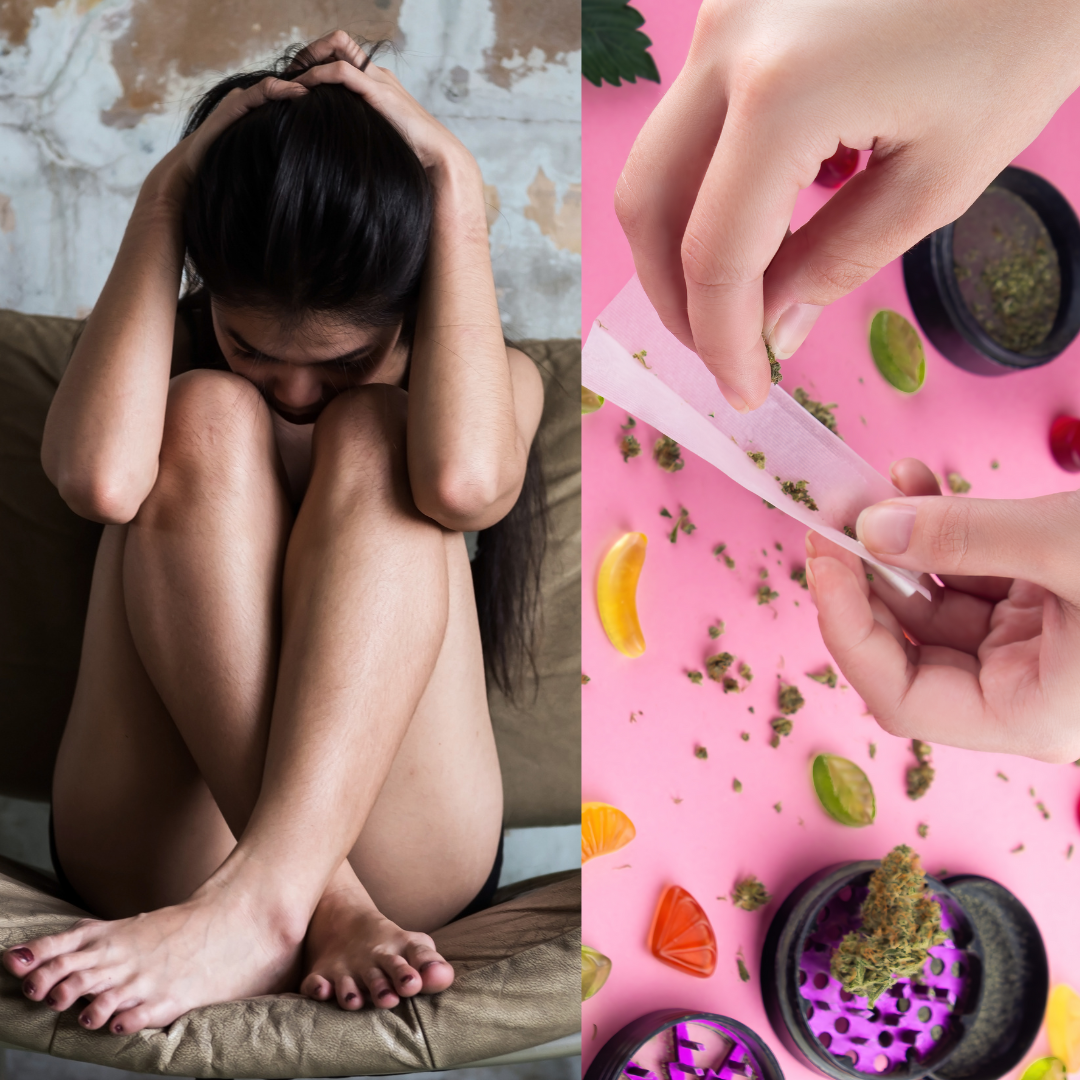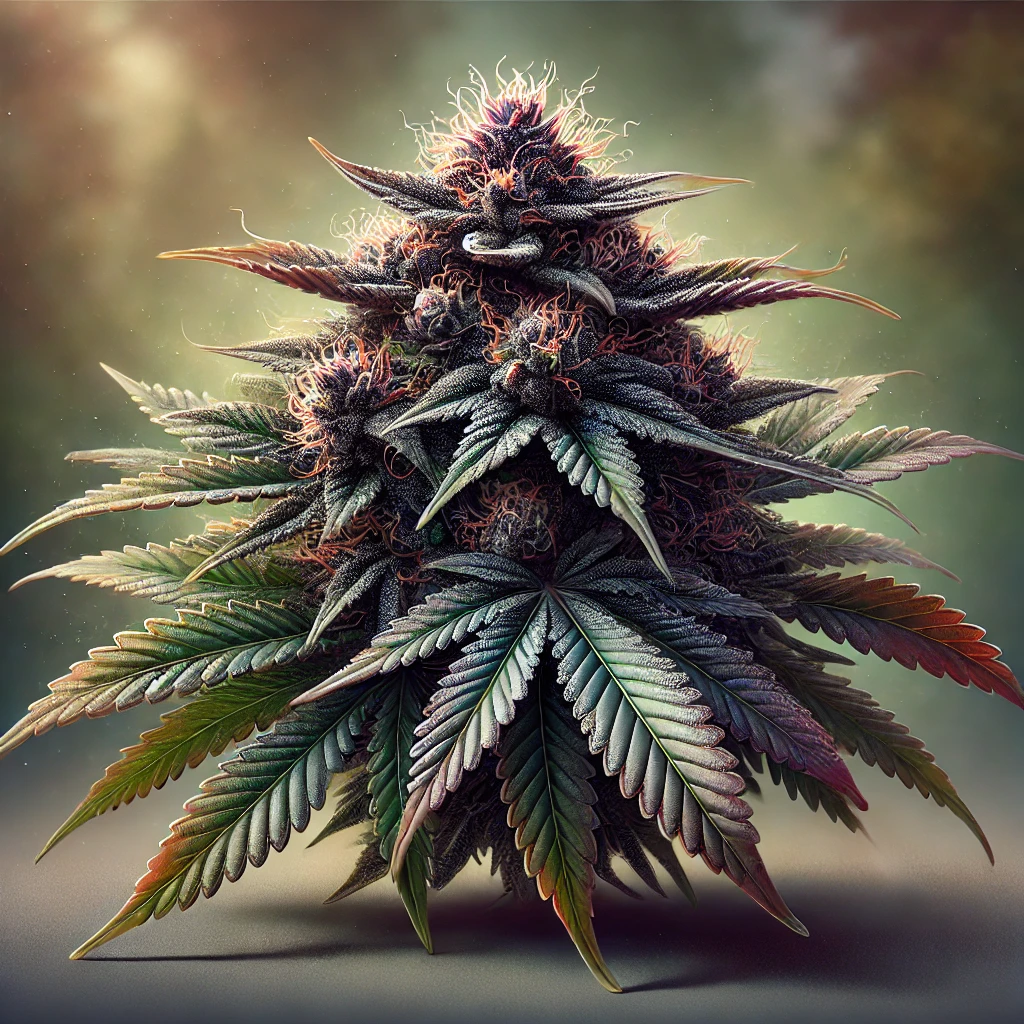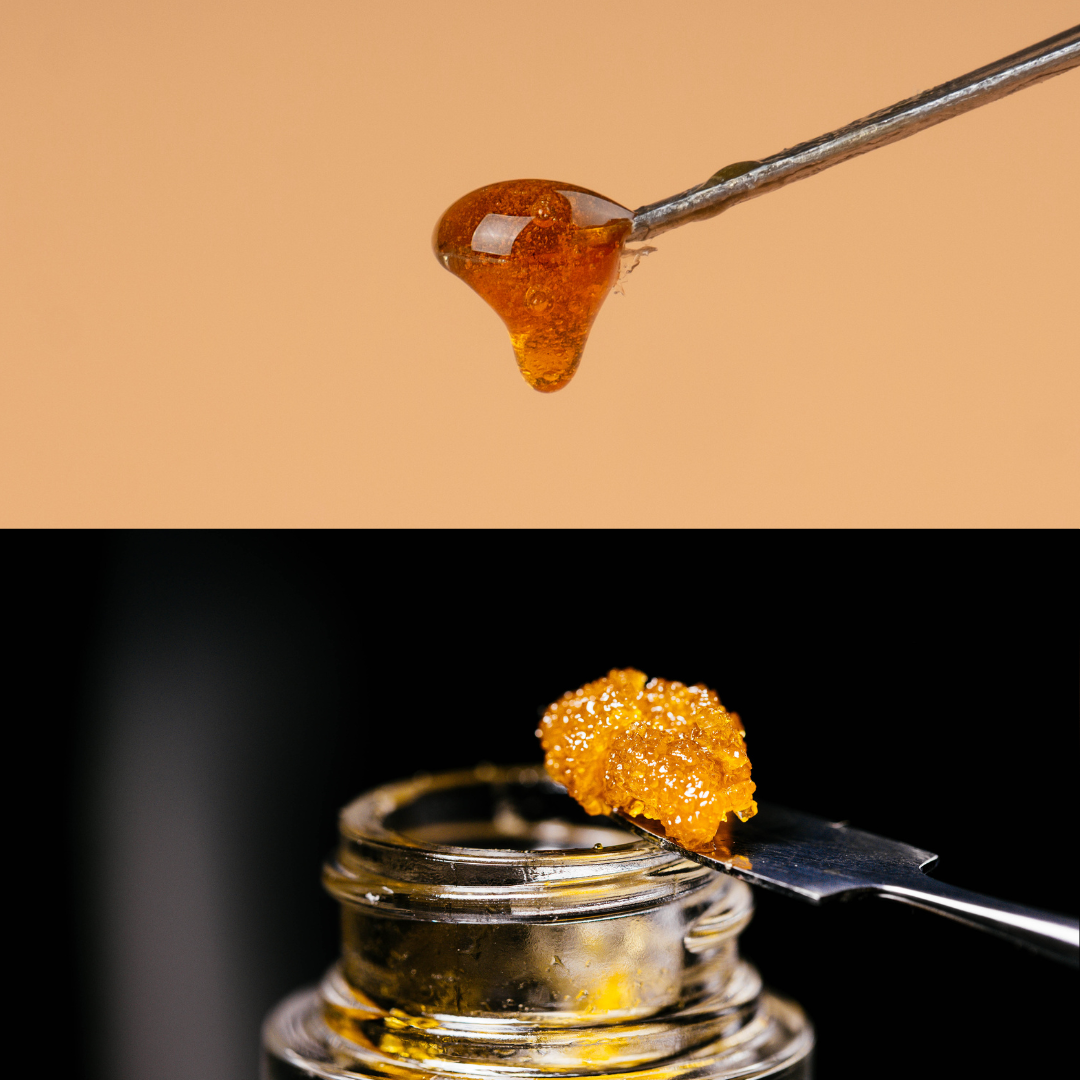With the current increase in popularity of cannabis products and states relaxing laws and adopting the use of recreational cannabis, synthetic cannabinoids are on the rise.
The most recent state to adopt the usage of recreational cannabis is Connecticut. Of course, a very lucrative market anticipated to grow to 50 Billion USD by 2030 has left many business-minded people to get into the cannabis business.
Several training programs are also available, which give comprehensive guidance to growers, sellers, and industry professionals on how to learn about cannabis. However, commercial greed has led to the replication of individual chemicals that are present in cannabis otherwise.
Cannabis – is well known for its mild altering effects that change mood and enhance senses; however, it may also have adverse effects like memory loss or paranoia. It is itself addictive and can cause stress to one’s mental health.
Medical cannabis or marijuana can be used as per the Doctor’s recommended dosage. It can help cure a lot of conditions like Pain, Anxiety, muscle relaxation, etc. However, it can also have side effects like Slowed digestion, Dizziness, Hallucination, Paranoia, etc. We recommend that everyone consult a Doctor immediately for these side effects.
Why is Cannabis Use Disorder Risky?
Cannabis use disorder is an underappreciated risk that leaves 10% of consumers addicted to it. At the same time, the risk is always less as compared to other Level 1 drugs; however, regular behavioral and motivational therapies can significantly help users reduce or quit the use of cannabis. Studies have identified several gene variants that increased cannabis dependency; however, they are yet to be established as trusted.
Why are synthetic Cannabinoids not recommended?
While the FDA approves a couple of synthetic cannabinoids to treat the effects of chemotherapy, the rest are still doubtful.
Cannabis plants typically contain cannabinoids; however, the current market shift and limitations have made business minds get creative while spraying synthetics or dried plants, which gives a long-lasting effect.
While the Government has federally approved the sale of THCA, it must also be noted that THCA, once heated, turns into THC and hence brings in the same psychoactive reaction that you would otherwise get from the direct purchase of cannabis. This can be termed as a flaw in the Government’s understanding of the cannabis industry.
A lot of business owners have also resorted to preparing colorful gummies packed to impersonate famous chocolate brands, which can be harmful if consumed by children. A recent amendment bill by Mary Miller focuses on curbing this situation; however, the bill has yet to be passed.
Consequences of Cannabis Use Disorder
Cannabis use can leave a long-lasting effect while someone uses it and also post withdrawal. Hence, it is safe to say that the usage of cannabis will always have some impact on users, personally, mentally, or physically.
Regular use can lead to the development of tolerance, and one would keep increasing self-dosage to meet needs. This can be a dangerous situation as the need increases and understandably leaves adverse effects on health and mental wellness.
Most risky users are ones who are in an adolescent period. While the brain undergoes significant changes, the usage of cannabis increases the risk of schizophrenia. This can remain long and adversely affect the user’s growing age and the family.
Treatment for Cannabis Use Disorder:
Cognitive behavioral or motivational therapies exist but depend on someone’s willingness to come out of them. Quitting addiction needs self-willingness and no self-motivation. A coach can help a user reach that goal quickly; however, the individual must be mentally prepared as it will not be easy, but also be ready to fight the after challenges.
If you enjoyed reading this article, we recommend you like it and share it with those who need it the most.
The article is solely intended for educational purposes and is not a guide or advice to anyone under any form.





One thought on “Cannabis Use Disorder: Expert Tips for Successful Overcoming”